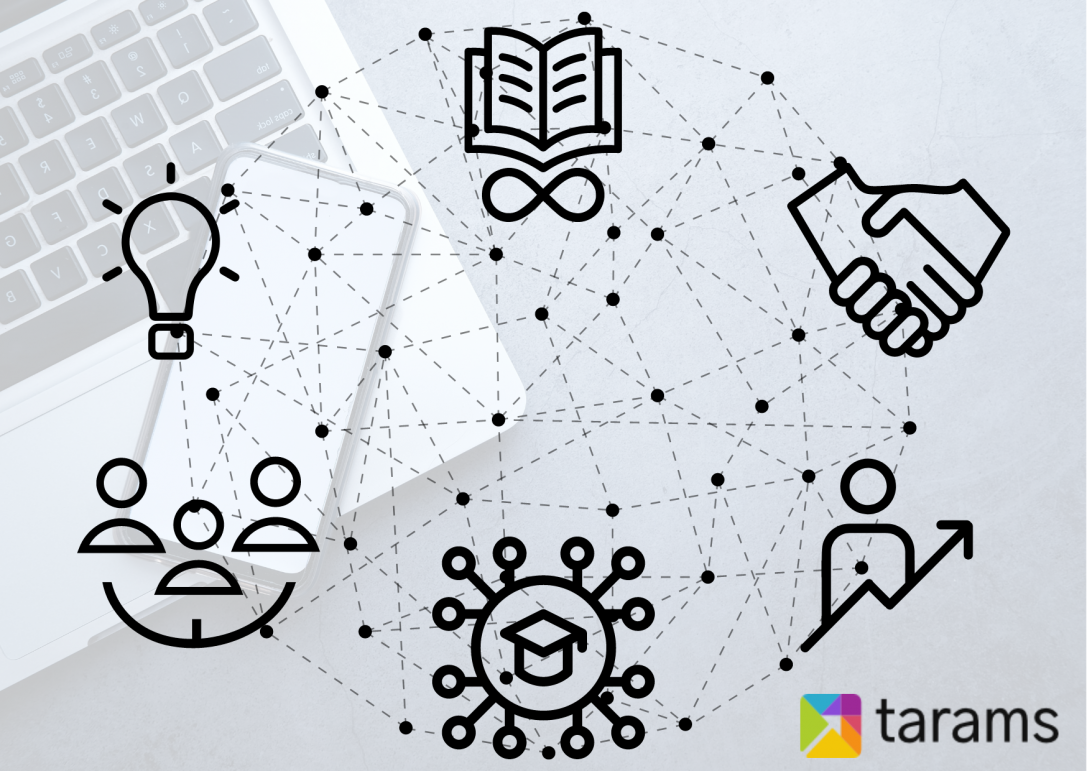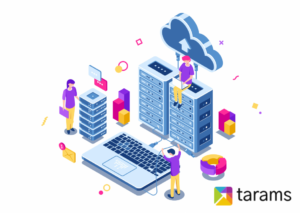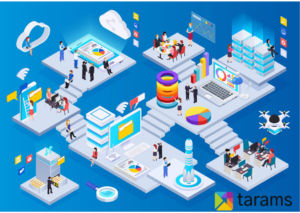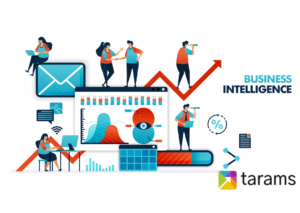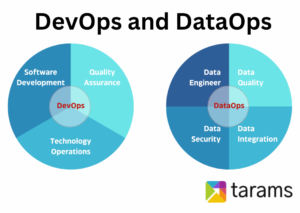What is an LMS?
LMS stands for Learning Management System. It is a software platform that allows organizations to manage, deliver, and track their training and development programs online. An LMS provides a centralized location for learners to access course materials, take assessments, and receive feedback, while also providing administrators with tools to create, manage and track the progress of courses and learners.
An LMS can be used for a variety of purposes, including employee training and development, compliance training, and education in academic settings.
LMS can also provide reporting and analytics on the performance of learners and the effectiveness of training programs, which can be used to improve the learning experience and drive better outcomes.
What is DevOps?What are some of an LMS’s Key Features?
A top-notch Learning Management System (LMS) will have the following key features:
- User-Friendly Interface:- A user-friendly interface that is easy to navigate is essential for an LMS. It should be intuitive and visually appealing, with clear instructions and access to support resources.
- Customization and Branding:- An LMS that allows for customization and branding enables organizations to create a unique learning experience that aligns with their brand and culture.
- Mobile Compatibility:- With the increasing use of mobile devices, a top-notch LMS should be accessible from mobile devices, with a responsive design that adjusts to different screen sizes.
- Content Creation and Management:- The LMS should have tools for creating and managing content, including the ability to upload and share a variety of media formats, such as video, audio, and interactive content.
- Personalization:- An LMS should provide personalized learning paths for each user, based on their learning style, preferences, and performance.
- Assessment and Reporting:- An LMS should have robust assessment and reporting capabilities that enable organizations to track learner progress and evaluate the effectiveness of their training programs.
- Gamification:- Gamification features such as badges, rewards, and leaderboards can make learning more engaging and motivate learners to complete their training.
- Social Learning:- An LMS that incorporates social learning features such as discussion forums and peer-to-peer collaboration can enhance the learning experience and promote knowledge sharing.
- Integration with Other Systems:- A top-notch LMS should be able to integrate with other systems such as HR and performance management systems to provide a seamless learning and development experience.
Overall, A good LMS should provide a comprehensive and customizable learning experience that is accessible from any device, promotes engagement and retention, and enables organizations to track learner progress and evaluate the effectiveness of their training programs.
LMS in 2023
A well-devised and thought Learning Management System, has been and will continue to be a game-changer in the education and training industry. In 2023, LMSs are expected to continue to benefit the industry in several ways, including:
- Enhanced Learning Experience:- With LMS, learners can access their courses from anywhere, at any time, using any device. LMS allows for a personalized and adaptive learning experience, with interactive and engaging content that promotes retention and knowledge transfer.
- Increased Efficiency:- LMS enables organizations to streamline their training process by automating tasks such as registration, course delivery, and assessment. This leads to increased efficiency and cost-effectiveness.
- Better Tracking and Reporting:- LMS provides detailed tracking and reporting on learner progress and performance, allowing organizations to identify knowledge gaps and measure the effectiveness of their training programs.
- Improved Compliance:- LMS helps organizations ensure compliance with industry regulations and standards by providing a centralized platform for training and certification.
- Scalability:- LMS allows organizations to scale their training programs as they grow, without the need for additional infrastructure or resources.
Overall, Learning Management Systems will continue to benefit the industry in 2023 by providing a flexible, efficient, and effective solution for managing and delivering training programs. Look out for our next feature explaining our take on the current trends in LMS.
Tarams and LMS
Designing a good Learning Management System (LMS) requires a thorough understanding of the needs and goals of the company and its learners.
We here at Tarams offer a range of LMS solutions, including:
- Cloud-Based,
- On-Premise,
- Open-Source, and
- Mobile-Enabled platforms.
We believe it is important to conduct research and evaluate the specific features and capabilities of each solution to determine which one best meets the needs of your organization. Our association with Ed-Techs and Data Management Companies implementing LMSs has honed our skills to perfection and we will definitely be the right partner for all your LMS needs.
